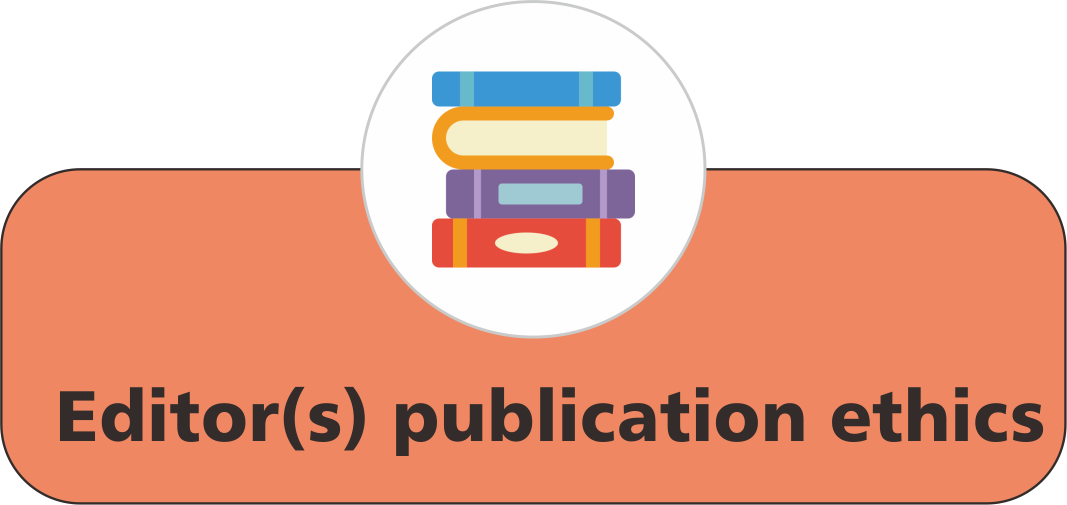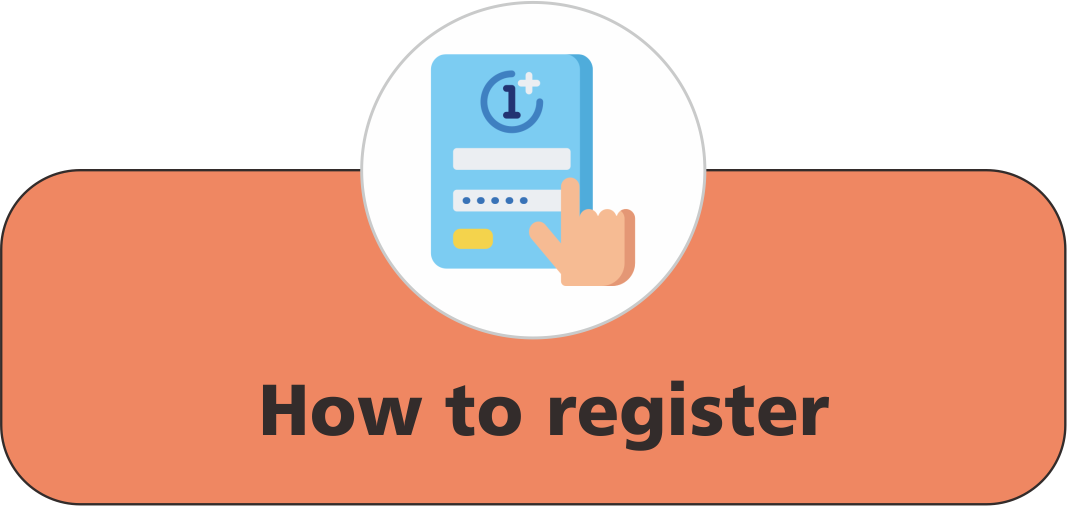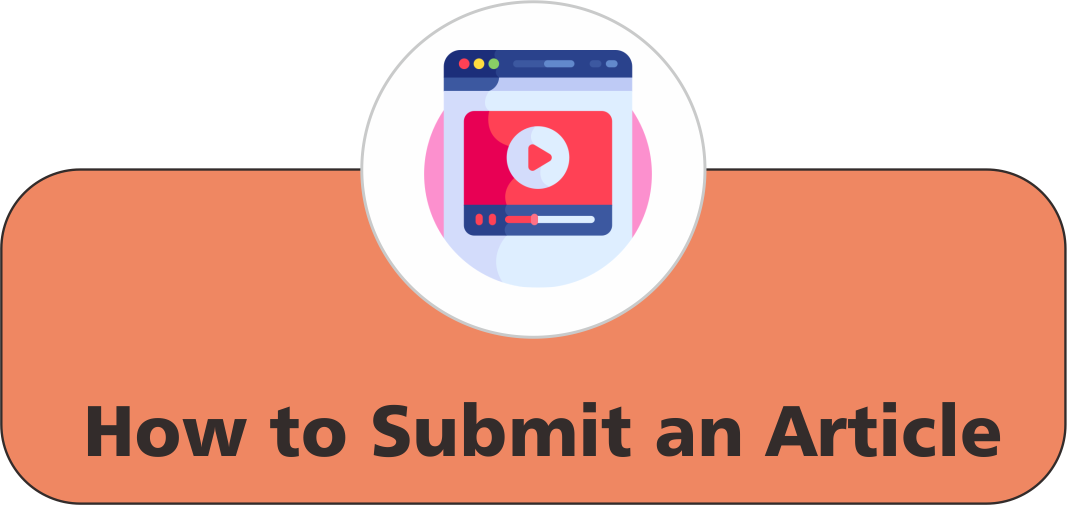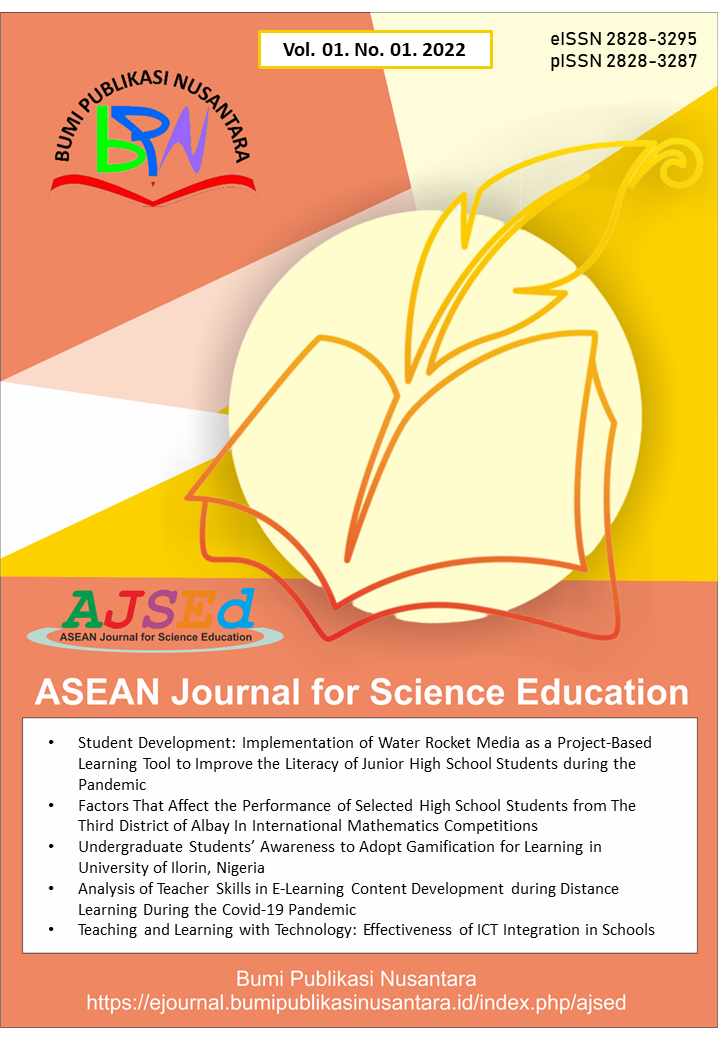Industrial Engineering Students’ Readiness Towards Industrial Revolution 4.0 at Technical and Vocational University: Literature Review
 ), Asnula Dahar Minghat(2),
), Asnula Dahar Minghat(2),
(1) Universiti Teknologi Malaysia
(2) Universiti Teknologi Malaysia
 Corresponding Author
Corresponding Author
Abstract
The purpose of this study is to review current reports on the relationship between student performance and student readiness toward Industrial Revolution 4.0 in the Industrial Engineering program at the technical university while discussing the current student performance towards Industrial Revolution 4.0 as well as examining the level of readiness for Industrial Engineering students to adapt to the challenges of this industrial revolution. This study explains several sections, including the definition of Industrial Revolution 4.0 and Education 4.0 with its impacts on higher education. We also explain factors influencing student performance and their technical skills. This study will give additional references for researchers, academicians, educators, as well as practitioners and stakeholders.
Keywords
References
Adekitan, A. I., and Salau, O. (2019). The impact of engineering students' performance in the first three years on their graduation result using educational data mining. Heliyon, 5(2), e01250.
Adnan, A. H. M., Rahmat, A. M., Mohtar, N. M., and Anuar, N. (2021). Industry 4.0 critical skills and career readiness of ASEAN TVET tertiary students in Malaysia, Indonesia and Brunei. In Journal of Physics: Conference Series, 1793(1), 012004.
Adnan, N. A., Paimin, A. N., and Hasan, A. A. (2019). Readiness of polytechnic manufacturing program in Malaysia towards future industry. International Journal of Engineering and Advanced Technology, 9(2), 1654-1659.
Ahmad, A. R., Segaran, P. A. P., Soon, N. K., Sapry, H. R. M., and Omar, S. S. (2019). Factors influence the students‟ readiness on industrial revolution 4.0. International Journal of Recent Technology and Engineering (IJRTE), 8(2), 461-468.
Alalwan, N., Al-Rahmi, W. M., Alfarraj, O., Alzahrani, A., Yahaya, N., and Al-Rahmi, A. M. (2019). Integrated three theories to develop a model of factors affecting students’ academic performance in higher education. IEEE Access, 7, 98725-98742.
Alzoubi, H. M., and Ahmed, G. (2022). Perceived factors affecting students academic performance. Academy of Strategic Management Journal, 21(4), 1-15.
Azmi, A. N., Noordin, M. K., Kamin, Y., Nasir, A. N. M., and Suhairom, N. (2018). Factors in non-technical skills development among engineering students: An employers’ perspective. Turkish Online Journal of Design Art and Communication, 8, 918-926.
Bilge, P., and Severengiz, M. (2019). Analysis of industrial engineering qualification for the job market. Procedia Manufacturing, 33, 725-731.
Bougaa, M., Bornhofen, S., Kadima, H., and Rivière, A. (2015). Virtual reality for manufacturing engineering in the factories of the future. Applied Mechanics and Materials, 789, 1275-1282.
Broum, T., Hořejší, P., Malaga, M., and Grzona, P. (2022). Competencies of industrial engineers for implementing augmented reality metadata systems. Sustainability, 15(1), 130.
Chikasha, P., Ramdass, K., Ndou, N., Maladzhi, R., and Mokgohloa, K. (2021). Industrial engineers of the future – a concept for a profession that is evolving. Advances in Science, Technology and Engineering Systems Journal, 6(4), 72-79.
Gereffi, G. (2019). Global value chains and international development policy: Bringing firms, networks and policy-engaged scholarship back in. Journal of International Business Policy, 2, 195-210.
Giffi, C., Wellener, P., Dollar, B., Ashton Mangolian, H., Monck, L., and Moutray, C. (2018). Deloitte skills gap and future of work in manufacturing study. Deloitte Insights, 2018, 1-24.
Gladysz, B. (2019). Industrial engineering education – challenging complexity by simple means. Management and Production Engineering Review, 10(3), 90-96.
Hopp, W. J., and Spearman, M. S. (2021). The lenses of lean: Visioning the science and practice of efficiency. Journal of Operations Management, 67(5), 610-626.
Islam, A., and Tasnim, S. (2021). An analysis of factors influencing academic performance of undergraduate students: A case study of Rabindra University, Bangladesh (RUB). Shanlax International Journal of Education, 9(3), 127-135.
Ismail, A., Wan Hassan, W. A., Ahmad, F., Affan, Z., and Harun, M. I. (2020a). Students’ readiness in facing industrial revolution 4.0 among students of technical teacher’s education. International Journal of Scientific and Technology Research, 9(8), 300-305.
Ismail, N. A., Wahid, N. A., Yusoff, A. S. M., Wahab, N. A., Rahim, B. H. A., Majid, N. A., and Zakaria, R. (2020b). The challenges of industrial revolution (IR) 4.0 towards the teacher’s self-efficacy. Journal of Physics: Conference Series, 529(4), 042062.
Jam, N. A. M., and Puteh, S. (2022). Exploring the teaching and learning indicators towards education 4.0 in MTUN, Malaysia. International Journal of Information and Education Technology, 12(2), 179-184.
Jelonek, D., and Nitkiewicz, T. (2020). Soft skills of engineers in view of industry 4.0 challenges. Quality Production Improvement-QPI, 2(1), 107-116.
Kamaruzaman, M. F., Hamid, R., Mutalib, A. A., and Rasul, M. S. (2019). Comparison of engineering skills with IR 4.0 skills. International Journal of Online and Biomedical Engineering (IJOE), 15(10), 15-28.
Lase, D. (2019). Education and industrial revolution 4.0. Handayani Journal PGSD FIP Unimed. 10(1), 48-62.
Ling, Y. M., Abdul Hamid, N. A., and Chuan, L. T. (2020). Is Malaysia ready for industry 4.0? issues and challenges in manufacturing industry. International Journal of Integrated Engineering, 12(7), 134-150.
Maisiri, W., Darwish, H., and Dyk, L. v. (2019). An investigation of industry 4.0 skills requirements. South African Journal of Industrial Engineering, 30(3), 90-105.
Maisiri, W., van Dyk, L., and Coetzee, R. (2021). Development of an industry 4.0 competency maturity model. SAIEE Africa Research Journal, 112(4), 189-197.
Mangaroo-Pillay, M., and Roopa, M. (2021). Beyond the industrial engineering frontier: A few steps in history and a giant leap into the future. South African Journal of Industrial Engineering, 32(3), 1-9.
Maphosa, M., Doorsamy, W., and Paul, B. (2023). Student performance patterns in engineering at the University of Johannesburg: An exploratory data analysis. IEEE Access, 11, 48977 – 48987.
Maria, M., Shahbodin, F., and Pee, N. C. (2018). Malaysian higher education system towards industry 4.0 – current trends overview. In AIP Conference Proceedings, 2016(1), 1-8.
Miranda, J., Navarrete, C., Noguez, J., Molina-Espinosa, J. M., Ramírez-Montoya, M. S., Navarro-Tuch, S. A., Bustamante-Bello, M. R., Rosas-Fernández, J. B., and Molina, A. (2021). The core components of education 4.0 in higher education: Three case studies in engineering education. Computers and Electrical Engineering, 93, 107278.
Mohamad Shuhaimi, M. A., Brahim, J., Mat Yusoff, Z., and Fathi, M. S. (2022). The readiness of public universities in adopting industrial revolution 4.0 (IR 4.0) from a construction management perspective. ASEAN Engineering Journal, 12(2), 111-118.
Noor, H. M., Mazlan, S. A., and Amrin, A. (2021). Computerized maintenance management system in IR4. 0 adaptation-a state of implementation review and perspective. In IOP Conference Series: Materials Science and Engineering, 1051(1), 012019.
Ong, A. K. S., Prasetyo, Y. T., Young, M. N., Diaz, J. F. T., Chuenyindee, T., Kusonwattana, P., and Redi, A. A. N. P. (2021). Students’ preference analysis on online learning attributes in industrial engineering education during the covid-19 pandemic: A conjoint analysis approach for sustainable industrial engineers. Sustainability, 13(15), 8339.
Paramo Fernandez, M. F., Araujo, A. M., Tinajero Vacas, C., Almeida, L. S., and Rodriguez Gonzalez, M. S. (2017). Predictors of students' adjustment during transition to university in Spain. Psicothema, 29(1), 67-72.
Quintero, W. R. (2022). Digital competences of the industrial engineer in industry 4.0 a systematic vision. Production, 32, e20220028.
Rahamaddulla, S. R. B., Leman, Z., Baharudin, B. H. T. B., and Ahmad, S. A. (2021). Conceptualizing smart manufacturing readiness-maturity model for small and medium enterprise (SME) in Malaysia. Sustainability, 13(17), 9793.
Ramli, M. F., Majid, M., Badyalina, B., and Shaari, N. F. (2022). Exploring the relationship between engineering students' skills and readiness toward industry revolution 4.0. International Journal of Education, Psychology, And Counselling (IJEPC), 7(47), 171-180.
Rawi, R., Mohd Isa, M. R., Ismail, M. N., Sajak, A. A. B., and Sulaiman, M. A. M. (2022). A survey: Readiness of Malaysian higher education institutes towards the adaptations of industry revolution 4.0. In 2022 1st International Conference on Information System and Information Technology (ICISIT), 2022, 267-271.
Salah, B., Khan, S., Ramadan, M., and Gjeldum, N. (2020). Integrating the concept of industry 4.0 by teaching methodology in industrial engineering curriculum. Processes, 8(9), 1007.
Sembiring, M. T., and Tambunan, R. H. (2021). Analysis of graduation prediction on time based on student academic performance using the naïve bayes algorithm with data mining implementation (Case study: Department of Industrial Engineering USU). In IOP Conference Series: Materials Science and Engineering, 1122(1), 012069.
Sima, V., Gheorghe, I. G., Subić, J., and Nancu, D. (2020). Influences of the industry 4.0 revolution on the human capital development and consumer behavior: A systematic review. Sustainability, 12(10), 4035.
Soni, K. M., Hasteer, N., and Bhardwaj, A. (2020). Aspects to foster competences for engineering graduates: Education 4.0 paradigm. In 2020 9th International Conference System Modeling and Advancement in Research Trends (SMART), 2020, 480-484.
Sutopo, W. (2019). The roles of industrial engineering education for promoting innovations and technology commercialization in the digital era. IOP Conference Series: Materials Science and Engineering, 495(1), 012001.
Tan, H.S., Ivander, Oktarina, R., Reynaldo, V., and Sharina, C. (2020). Conceptual development of learning factory for industrial engineering education in Indonesia context as an enabler of students’ competencies in industry 4.0 era. The 3rd International Conference on Eco Engineering Development, 426(1), 012123.
Tilak, D. G., and Singh, D. (2018). Industry 4.0 – 4th rising industrial revolution in manufacturing industries and its impact on employability and existing education system. Pramana Research Journal, 8(11), 161-168.
Tomasevic, N., Gvozdenovic, N., and Vranes, S. (2020). An overview and comparison of supervised data mining techniques for student exam performance prediction. Computers and Education, 143, 103676.
Tortorella, G. L., Giglio, R., and Dun, D. H. v. (2019). Industry 4.0 adoption as a moderator of the impact of lean production practices on operational performance improvement. International Journal of Operations and Production Management, 39(6/7/8), 860-886.
Uei, P. C., and Shing, J. H. V. (2021). Industrial revolution 4.0: Are students ready for education 4.0?. Global Business and Management Research: An International Journal, 13(4), 244-251.
Verma, S., and Yadav, R. K. (2020). Effect of different attributes on the academic performance of engineering students. In 2020 IEEE International Conference on Advent Trends in Multidisciplinary Research and Innovation (ICATMRI), 2020, 1-4.
Wang, X., Zhao, Y., Li, C., and Ren, P. (2023). ProbSAP: A comprehensive and high-performance system for student academic performance prediction. Pattern Recognition, 137, 109309.
Wollschlaeger, M., Sauter, T., and Jasperneite, J. (2017). The future of industrial communication: Automation networks in the era of the internet of things and industry 4.0. IEEE Industrial Electronics Magazine, 11(1), 17-27.
Article Metrics
Abstract View : 1749 times
: 1749 times Download : 975 times
Download : 975 times
Refbacks
- There are currently no refbacks.
Copyright (c) 2023 Bumi Publikasi Nusantara

This work is licensed under a Creative Commons Attribution-ShareAlike 4.0 International License.







